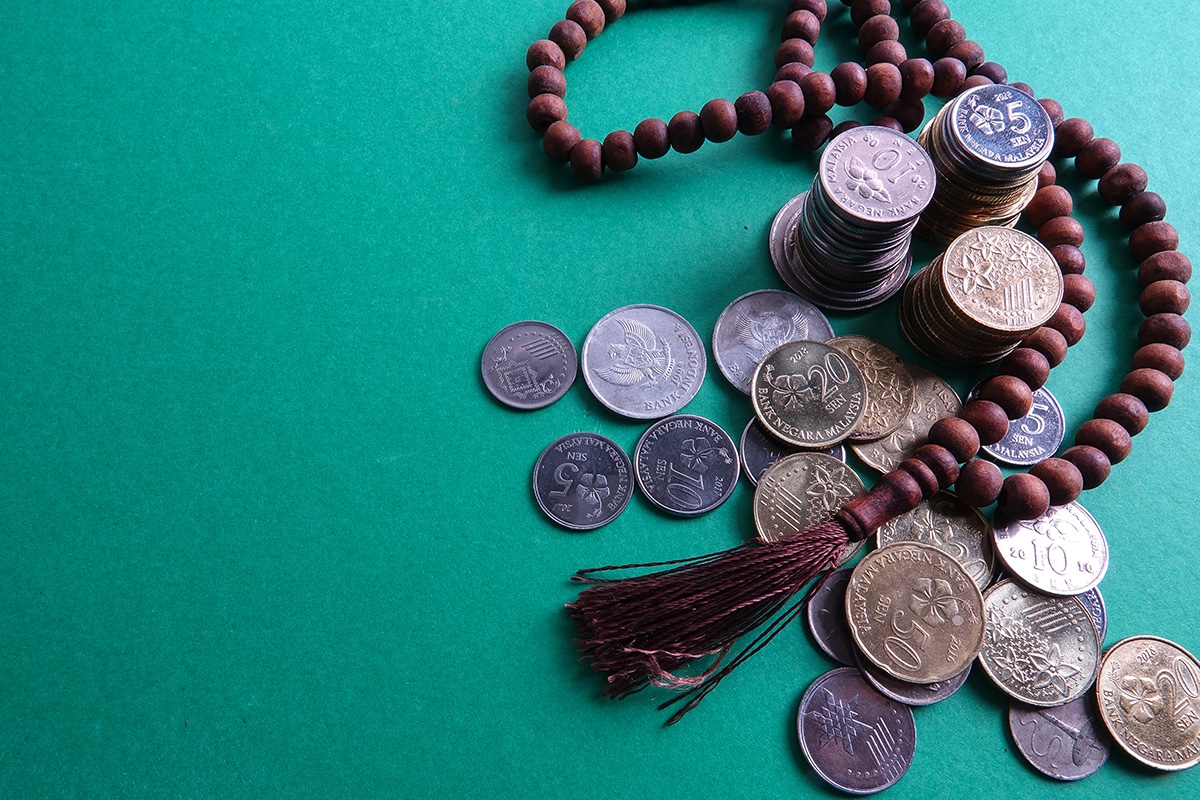UAEs Non-oil Sector Drives Islamic Finance Expansion: S&P

S&P Global Ratings expects strong growth in the UAE’s Islamic finance sector to continue over the coming period, supported by the strong performance of the non-oil economy.
According to the global rating agency, the UAE has seen significant growth in Sukuk in foreign currency issuance since the beginning of the year, with issuance activity in the real estate and financial institutions sectors, amid a drive to attract more foreign capital.
S&P said it anticipated interest rate cuts to continue until the end of 2025, fostering global issuance growth.
UAE’s robust non-oil economy
The UAE’s insurance sector, both conventional and Islamic, is projected to expand by 15 to 20 per cent, driven by economic performance and infrastructure projects, the rating agency told WAM.
The agency’s analysts said sustainable finance presents new opportunities for funding, particularly in oil-exporting nations pursuing carbon neutrality, while highlighting that the UAE is a key market for sustainable issuances in the region.
Dr. Mohamed Damak, Global Head of Islamic Finance, S&P Global Ratings, said the global Islamic finance industry is witnessing remarkable growth, with total assets reaching $3.3 trillion by the end of 2023, an increase of 8 per cent compared to the previous year.
“All sectors related to the industry have witnessed remarkable growth, especially the Islamic banking sector in the Gulf Cooperation Council (GCC),” he said.
Damak said the volume of Sukuk issuances stabilised during the first half of the year, despite challenges in some markets, with local currency issuances seeing a slight decline as a result of higher interest rates in Turkiye, which impacted the growth of the sector there.
He expected the sector to grow at a high single-digit rate through 2024 and 2025, fuelled by financing needs in key countries.
The US Federal Reserve’s anticipated 225 basis points of interest rate cuts by the end of 2025, including the 50 basis points already cut in September, will enhance market liquidity and promote increased Sukuk issuance, Damak said.
According to him, the UAE’s robust non-oil economy will bolster the growth of the Islamic banking sector, highlighting the rise in Islamic Sukuk issuance.
“At the start of the year, there was significant growth in hard currency Sukuk issuance, driven by real estate developers and financial institutions turning to the Sukuk market to attract foreign capital,” Damak said.
Rawan Oueidat, Director at S&P Global Ratings, said sustainable bond issuance, including green, social, and sustainability bonds, are expected to stabilize at approximately $1 trillion this year.
“While Europe and the Asia-Pacific are expected to remain the primary markets for sustainable bonds, the Middle East’s contribution will be limited to under 3 per cent,” Oueidat said.
Dubais Magellan Capital Launches Flagship $975m Hedge Fund
Dubai-based manager is opening its absolute return platform to third-party capital for the first time The post Dubai’... Read more
UAEs FAB Posts 22% Jump In Q4 Profit, Beats Estimates
UAE's biggest bank FAB reported a record 2025 profit after strong Q4 results, higher non-interest income and expanding ... Read more
Dubai Unveils $27.2bn DIFC Zabeel District In Landmark Financial Hub Expansion
Dubai unveils $27.2bn DIFC Zabeel District, a landmark expansion set to reshape the city’s financial hub amid global ... Read more
Digital Payments Dominate Saudi Arabia As Cash Use Continues To Decline, Visa Says
Visa research shows 80% of transactions in Saudi Arabia are now digital, highlighting accelerating consumer shift away ... Read more
Saudi Venture Capital Surges 145 Per Cent To $1.72bn In Record 2025
Saudi Arabia leads MENA venture capital for a third year, with 2025 investment reaching $1.72bn across a record 257 dea... Read more
GCC Debt Market Tops $1.1trn As Dollar Issuance Surges – Report
Fitch Ratings says GCC debt capital markets grew 14% in 2025, led by US dollar borrowing and record sukuk activity The ... Read more

